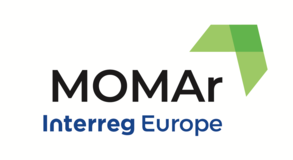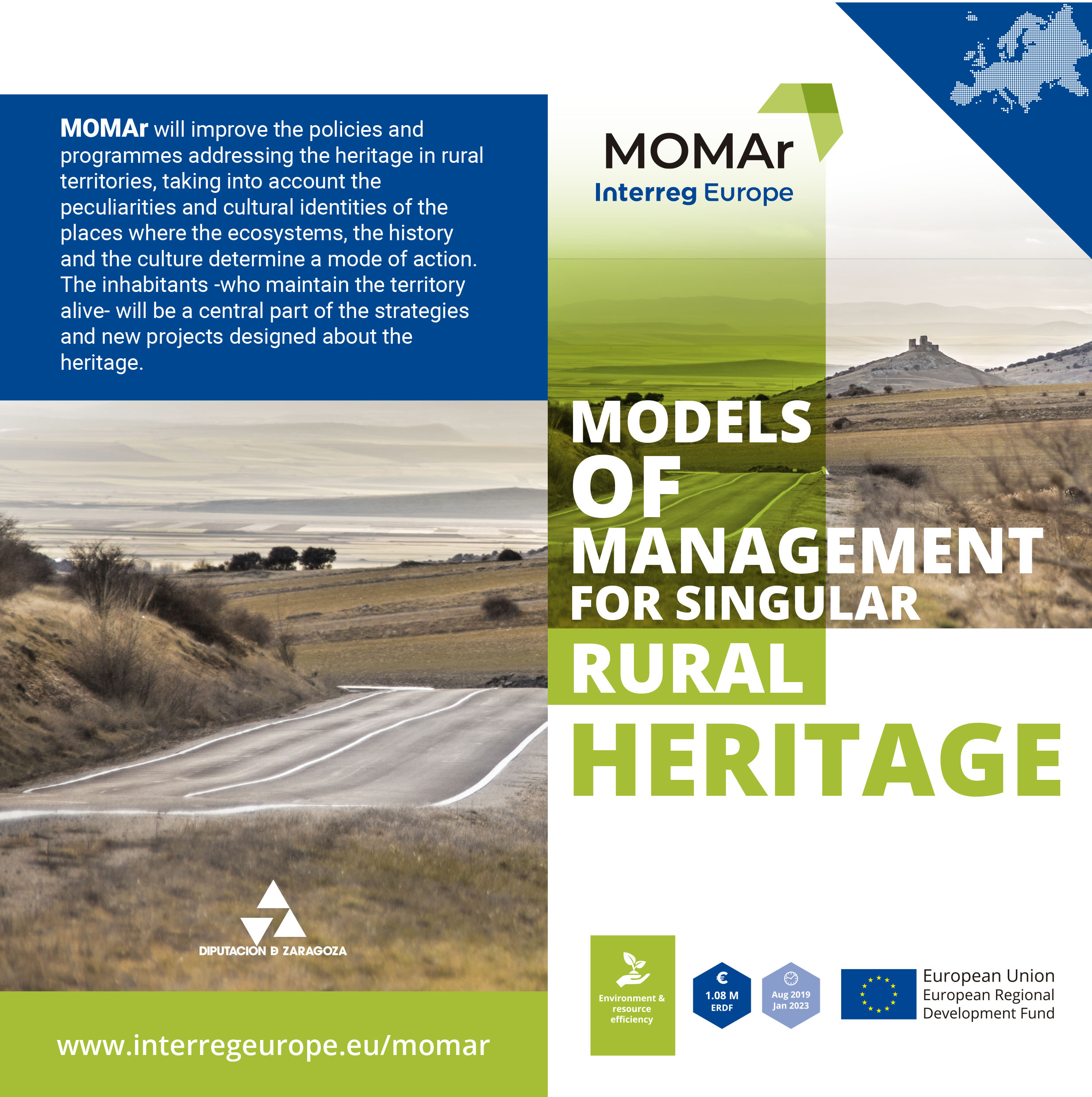MOMAr’s partner, Mehedinti County, participated in the thematic webinar “Strategies for a competitive and sustainable tourism sector”, organized by the Interreg Europe Policy Learning Platform (PLP) on the 21st of September with the purpose to show how to shape a successful local tourism development strategy and how Interreg Europe can be a powerful tool for transferring solutions to boost sustainable tourism based on the valorisation of natural and cultural heritage.

Alexandra Varzan, on behalf of the institution, was one of the invited speakers in the working group focused on new geographical distribution and off-season tourism offers. She introduced Via Transilvanica, one of MOMAr’s good practices and an example of public-private partnership for the safeguarding and promotion of a natural heritage trail.
This project consists of a 1.400 km trail that reveals 2000 years in the history of Transylvania (Romania). It offers an excellent trail to do in stages or entirely by foot, by bike, or even by horseback riding. And it isn’t just a sport option but a way to explore the landscape and the diversity of the 600 communities as well as the natural and cultural heritage of the region. Besides, the responsible of the organization is Tasuleasa Social NGO but the initiative has been fully cooperative between the public and private sectors in Romania.
Other projects were presented, from the Municipality of Vittorio Veneto (Italy), Alberto Ferri explained “The Visit Prosecco Hill’s” a network of tourism-oriented enterprises that promotes wine tourism in the UNESCO Heritage Site of Prossecco Hills. An original way to foster heritage under the umbrella of sustainability. The province of Teruel (Spain) introduced the local strategies created to promote the recovery of this rural and depopulated area during the pandemic. They focused on sustainability to increase the attractiveness of the province and managed different marketing campaigns, worked on rural multi-services, and promoted El Cid cultural route, a less beaten track, among other activities.
The webinar concluded with the reflections of Thomas Guillot, Communication Officer at European Regions for Competitive and Sustainable Tourism (NECSTouR), on the three presentations. The expert highlighted the importance to find a balance in tourism, “it always needs the involvement of the local community, whether it is a project focused on national tourism or international”, explained. He also defended a final conclusion to take into consideration: “competitivity and sustainability are not necessarily opposed”.
If you want to know more about the webinar, you can read the follow-up article with presentations and recording: here.












